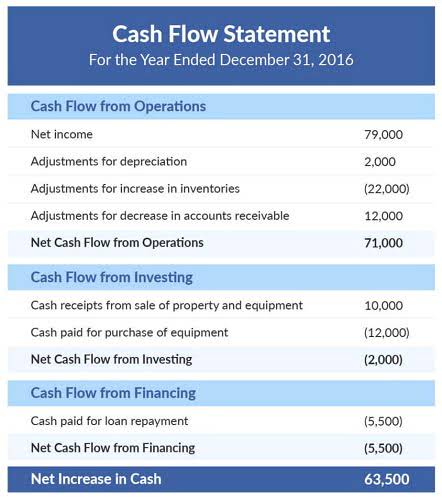
Outsourcing provides access to bookkeepers who can offer a higher level of service, often at a fraction of the cost of a full-time employee. Full-charge bookkeeping is an all-encompassing financial management approach that involves meticulously recording, organizing, and reporting an organization’s financial transactions. Unlike regular bookkeeping, which may focus on specific tasks like data entry or maintaining ledgers, full-charge bookkeeping entails a broader set What is bookkeeping of responsibilities.
- The pay range is generally from $15.04 to $30.27 per hour, depending on their experience and reliability.
- Bookkeepers compile balance sheets, income statements, and cash flow statements, providing a clear picture of the organization’s financial performance.
- For small businesses and startups, navigating the intricate world of finance can feel daunting.
- An in-house bookkeeper is great for businesses needing constant, hands-on financial management.
- Hiring a bookkeeper for payroll services costs $40 to $100 per hour where they handle day-to-day financial record keeping and payroll processing.
Revenue vs Profit: Key Differences
The responsibilities of a full-charge bookkeeper have a much broader range than those of a bookkeeper working in a small to medium-sized firm. The Editorial Team at InterviewGuy.com is composed of certified interview coaches, seasoned HR professionals, and industry insiders. With decades of collective expertise and access to an unparalleled database of interview questions, we are dedicated to empowering job seekers.
Challenges and Solutions in Full Charge Bookkeeping
In addition to the requisite educational qualifications and experience, a Full Charge Bookkeeper’s resume should indicate proficiency in accounting software and other relevant computer applications. A Full Charge full charge bookkeeper Bookkeeper is responsible for managing all the financial data for a company. Many employers require at least 2-5 years of experience in bookkeeping or accounting, particularly in handling full charge bookkeeping responsibilities.
How to Decide Which Option is Best for Your Business

These platforms automate tasks like tax calculations and direct deposits, reducing the likelihood of human error. They also provide features like employee self-service portals, allowing staff to access their pay stubs and tax forms independently, freeing up bookkeepers Financial Forecasting For Startups to focus on more strategic tasks. This technological integration streamlines operations and enhances transparency and trust within the organization.
- If you don’t have experience in full charge bookkeeping (or any bookkeeping experience), you may also need to undergo job training.
- Proficiency is fundamental for full charge bookkeepers who manage all the accounting work done in a company.
- Navigating tax compliance is a fundamental responsibility for a full charge bookkeeper.
- The primary distinction lies in their educational and certification requirements.
Employers: How to Write Great Job Descriptions

You likely require a bookkeeper if you’re spending more than a few hours on your bookkeeping each month—and certainly each week. By working with a bookkeeper, you can spend more time adding value to your business and make decisions faster. It’s about managing the financial health of a company, one transaction at a time.

